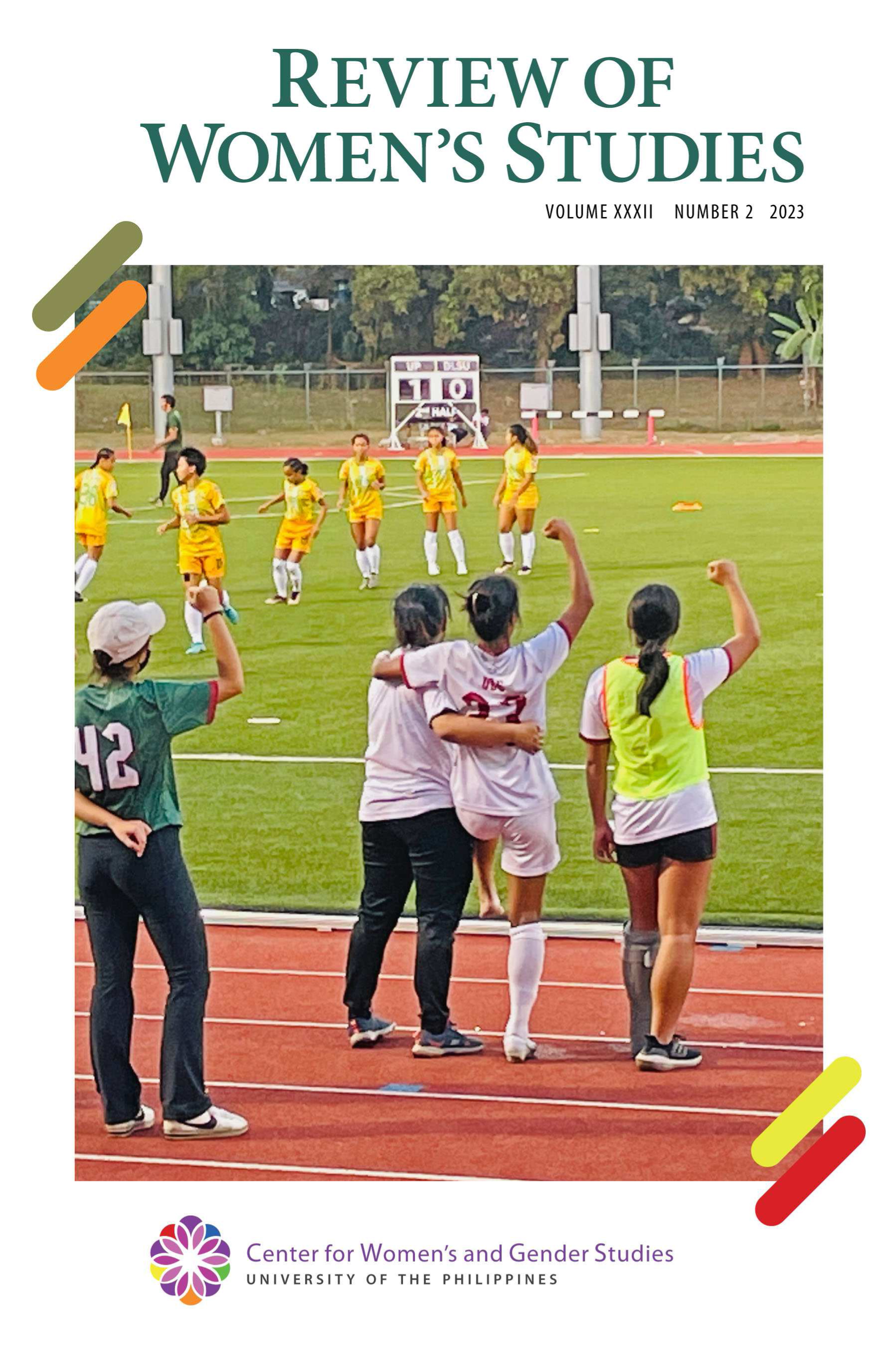On Consent and Resistance: CEDAW as a Framework for Reinterpreting Evidentiary Presumptions in Rape Cases
Abstract
In rape cases, the resistance of the victim has been a significant factor in proving the presence of force, threat, or intimidation. This, in part, is due to the presumption created by Article 266-D of the Revised Penal Code which provides that resistance may be accepted as evidence in the prosecution of rape. This evidentiary presumption has often been interpreted by the Philippine Supreme Court to mean that the victim’s lack of resistance is evidence of her consent. This paper argues that although this jurisprudential pattern is far from consistent, the fact of its existence already contravenes the Philippines’s treaty obligations under the Convention on the Elimination of All Forms of Discrimination Against Women (CEDAW). By examining decisions of the Supreme Court vis-à-vis the Opinions of the CEDAW Committee in Vertido v. Philippines (2010) and in R.P.B. v. Philippines (2014), this paper presents a thorough analysis of the impact of gender stereotypes in the prosecution of rape cases. It concludes by explaining how CEDAW can guide courts in the reinterpretation of Article 266-D to ensure that judicial outcomes are anchored on standard gender-sensitive precepts in compliance with the Convention and its supplemental treaty, the Optional Protocol.
Published
2024-03-26
How to Cite
LOPEZ, Stephanie Ann B..
On Consent and Resistance: CEDAW as a Framework for Reinterpreting Evidentiary Presumptions in Rape Cases.
Review of Women's Studies, [S.l.], v. 32, n. 2, mar. 2024.
ISSN 0117-9489. Available at: <https://journals.upd.edu.ph/index.php/rws/article/view/9583>. Date accessed: 26 sep. 2025.
Section
Articles


